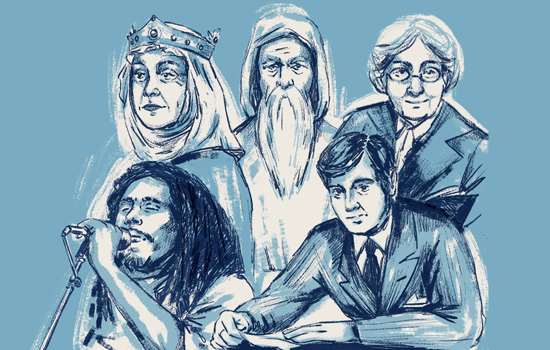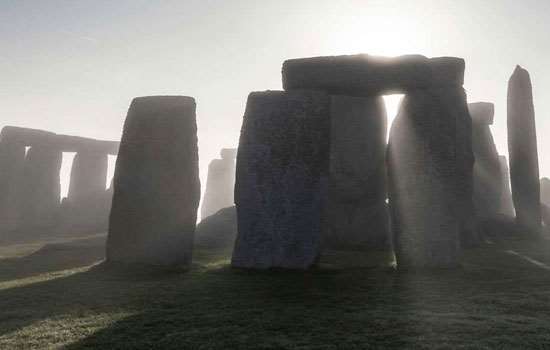Arthur Roberts and Berwick-upon-Tweed Barracks
How this soldier’s diaries provide a powerful account of the First World War
When Arthur Roberts enlisted in February 1917 in the King’s Own Scottish Borderers (KOSB), he was, by his own admission, ‘Possessed of great military inclinations. Anything in the form of drill, or manoeuvres, interested me greatly.’ The diary Arthur kept across the following year documented his journey from that naive recruit to a troubled veteran coming to terms with the full horror of the western front.
Arthur grew up in Glasgow, the son of a West Indian father and English mother. He was studious, staying on at school after the age of 14. As a young man he read widely and was a keen musician and artist. Those qualities helped him through his military service. After joining up, he spent two months training in Scotland before shipping to a base camp in Étaples, in northern France, in May. A month later, he moved to the front line at Ypres in Belgium – an experience that would shatter any lingering delusion about the nature of trench warfare.
On 14 June, he found himself lost among trenches all but destroyed by German bombardment. In his attempt to find his way back to base, he encountered his first dead comrade. His diary records, ‘At that sight, it was as if my ruminations had been cast from their exalted altitude of self-contentedness, to an abyss of nauseating realities… the poor corpse lay like a rag doll with all the stuffing knocked out of it, and just flung down as if in anger or haste.’ Arthur’s diary is just one of many powerful first-hand accounts to come out of the First World War. His story, though, is unusual.
His presence as a black man on the front was exceptional, and the role of black men in Britain’s military was strongly contested within the government and military authorities. But Arthur makes no reference to discrimination in his account, which only came to light 22 years after his death, when his personal effects were found in the attic of a house in Glasgow. In it, Arthur concentrates on his own actions, his sense of duty, and his commitment to king and country.
Arthur is remembered today by the KOSB, his first regiment, which was stationed at Berwick-upon-Tweed Barracks. His portrait, commissioned in 2020, hangs alongside other KOSB men who served in the Great War in the regimental headquarters at Berwick.
Words: Kevin Booth
Illustration: Susan Burghart
Read more about Arthur RobertsVisit Berwick-upon-Tweed Barracks and Main Guard
Home to history and the arts, Berwick Barracks is the ideal place for a family day out.
Built in the early 18th century to the design of the distinguished architect Nicholas Hawksmoor, the Barracks was among the first in England to be purpose-built.
Book now and save

